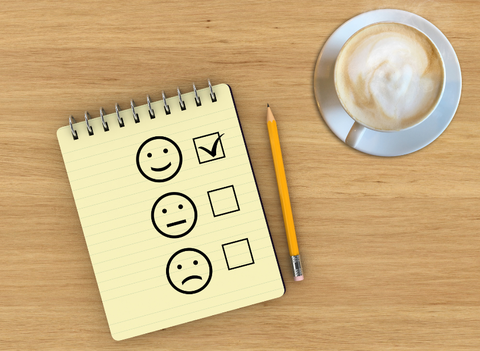Give feedback
What is feedback?
"Feedback is a specific information about the comparison between a trainee's observed performance and a standard, given with the intent to improve the trainee's performance" (van de Ridder et al. 2008, p. 193).
Why is feedback important in the student learning process?
Feedback is one of the most effective means of promoting skills development. But learning research shows: Not all feedback is effective (Kluger & DeNisi, 1996).
As a feedback provider, it is important to observe certain framework conditions (e.g. sufficient time) and to give feedback in such a way that learners can benefit from it.
In the video Prof. Smart explains feedback, the criteria that make feedback effective for learning are presented.
What to consider when giving feedback
Be aware that not all feedback will be accepted. Those receiving feedback can and must decide for themselves which feedback is useful for them.
How can I incorporate feedback into my teaching?
In addition to the summative examination at the end of the semester, you should provide your students with continuous feedback on their skills progress throughout the semester so that they can make progress towards the learning objectives.
To ensure that statements within the feedback are perceived as transparent, you should create criteria for the achievement of learning objectives and make them available to the students. This way, the students know what you, as the teacher, attach importance to and which learning steps they should take. The Dresden Writing Center's text feedback checklist is an example of this.
There is a wide variety of methods and techniques for implementing feedback in teaching. Here is a list of classroom assessment techniques. Digital instruments such as audience response systems or survey tools make it easier for you to assess the students' level of competence and thus provide feedback in a targeted manner. You can find an overview of the tools here.
Students should also give each other feedback (peer feedback). This not only leads to learning gains, but can also show students the importance of feedback in the working and learning process for later professional practice. Here you will find an overview of what should be considered when planning peer feedback.
Encourage students to provide internal feedback (in the sense of self-assessment) as regularly as possible. In this way, students apply the given standards to their own actions and build up competence in self-directed learning. Questions such as: "How would you assess the process and the result of your work based on the given target criteria?" are helpful.

